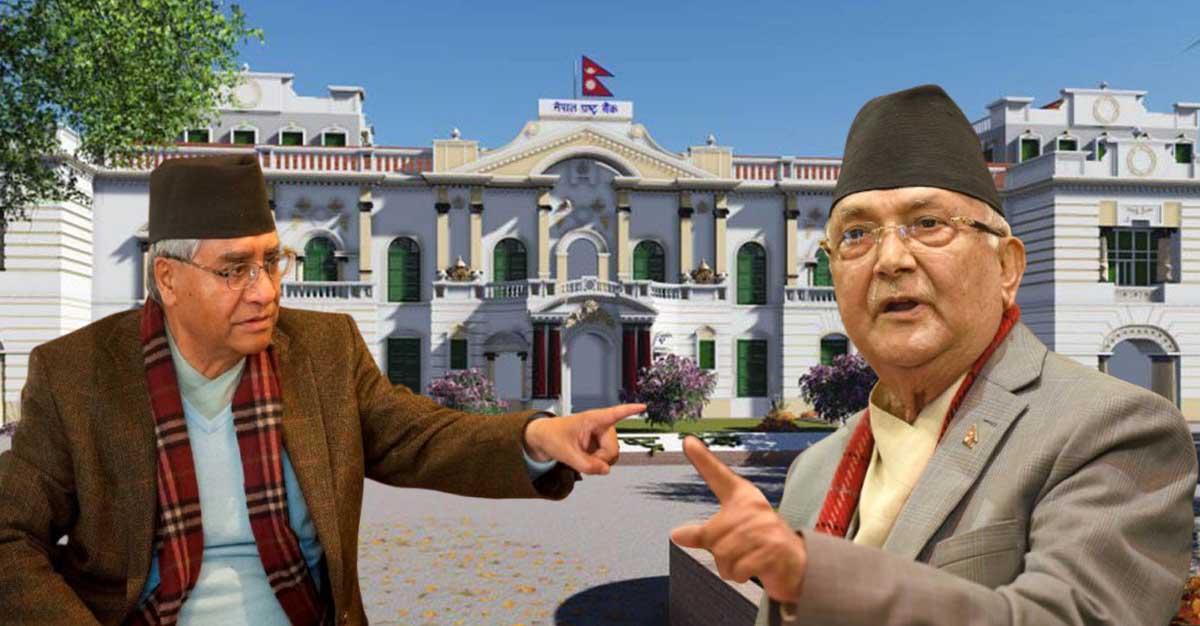Kathmandu. French President Emmanuel Macron called an emergency meeting of key European Union (EU) nations and British leaders at his grand Elysee Palace on Monday to discuss how to deal with the United States. The move comes after a week of diplomatic blows from the Trump administration over Ukraine. Trump has embraced the Kremlin and treated his old European allies coldly.
As US president, Donald Trump has been issuing aggressive warnings for months before his re-election that the EU would finally start working to strengthen its security and become less dependent on Washington’s military might. EU leaders have publicly ignored these ominous warnings, hoping that Trump will somehow stand with Europe. But speeches by Vice President J.D. Vance and Defense Secretary Pete Hegseth during their initial trip to Europe last week questioned both Europe’s security commitments and its fundamental democratic principles.
Macron said his harsh criticism and threats of non-cooperation in the face of military threats had shaken the system. The turning point came after Trump decided to reverse years of US policy by holding talks with Russian President Vladimir Putin in the hope of ending the Russia-Ukraine war. Then on Saturday, Trump’s special envoy for Ukraine and Russia refused to include other Europeans in the Ukraine peace talks.
German Foreign Minister Annalena Baerbock called this week an “existential moment.” “This is a moment where Europe must rise up,” she said. That is where Macron hopes to intervene at Monday’s meeting. While Macron’s Foreign Minister Jean-Noël Barrot has tried to downplay the importance of the emergency meeting of Europe’s top leaders, the weekend’s frenzy of efforts to set up the meeting has underscored something more fundamental.
The United States and Western European nations have been essentially on the same page since World War II, when they confronted the Soviet Union during the Cold War and now when they faced Russia’s increasingly aggressive actions near their borders. While there have long been American complaints about the reluctance of many European NATO countries to increase their defense efforts, those complaints have never been as politically salient as they have been in the past few days. On Monday, Macron will hold afternoon talks with leaders of Germany, Britain, Italy, Poland, Spain, the Netherlands, Denmark and the EU on how to deal with Europe’s security challenges.
NATO Secretary-General Mark Rutte will also be present. French officials say no concrete decisions are expected beyond a show of unity from European leaders. “There is a sense of unity in Europe that we have perhaps not felt since the Covid period,” Barrot said, recalling the 2020 pandemic. During the Covid pandemic, the 27 EU countries had to stand together to confront the health crisis. European countries are committed to providing all possible assistance to Ukraine, and EU countries are unanimous in increasing defense spending. Although there is general agreement to go beyond the target of spending two percent of GDP on defense, it is unclear how to reach three percent. Some EU countries are pushing for a joint debt agreement for major defense projects, while others are insisting that it is the work of countries that have lagged behind in reaching the two percent limit. This issue will also be discussed at the meeting.
Britain, France, Germany, Poland and other countries have agreed to deploy troops on the ground in Ukraine. European countries have been alarmed after President Trump sent his envoys to Saudi Arabia to stop the war in Ukraine.































प्रतिक्रिया दिनुहोस्